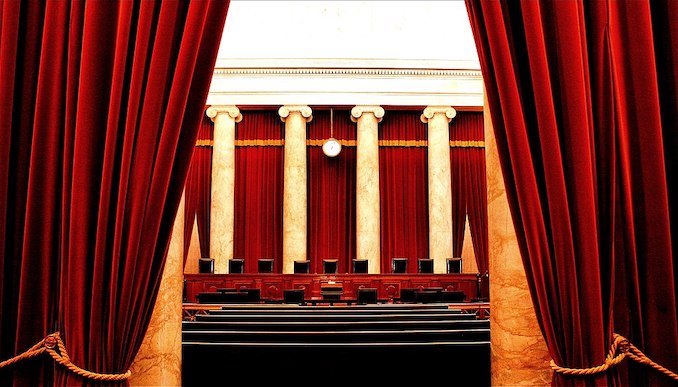[For those reviewing the US Courts historical treatments of vaccines, I would recommend looking at this 2012 publication in the Yale Journal of Health Policy, Law & Ethics]
By Mary Holland, Esq.
The federal government today recommends that all children between birth and age eighteen years receive seventy doses of sixteen vaccines. Of these recommended vaccines, the majority of states mandate between thirty and forty-five vaccine doses for children to be able to attend school. Forty-seven states require preschool-age children to receive three doses of the hepatitis B vaccine to attend public school. The federal government recommends that infants receive their first dose of the hepatitis B vaccine shortly after birth, while they are in the hospital.
The disease hepatitis B today affects approximately 730,000 people in the United States. Hepatitis B is usually a chronic disease for which there is no known cure; it can lead to severe liver disease and death. People spread the disease through intimate contact, primarily through sex and shared intravenous drug use. The vaccine has demonstrated efficacy in checking the spread of the disease among the at risk population. So what is the medical rationale for very young children? What legal requirements must a state meet to enable it to impose such a mandate? To what extent have the legal requirements for vaccination mandates changed over time? Do states today meet the constitutional requirements for the hepatitis B vaccination mandate for very young children? These are the questions that this Article explores.
Related reading:
Special Solari Report: Vaccine Mandates with Mary Holland, J.D


